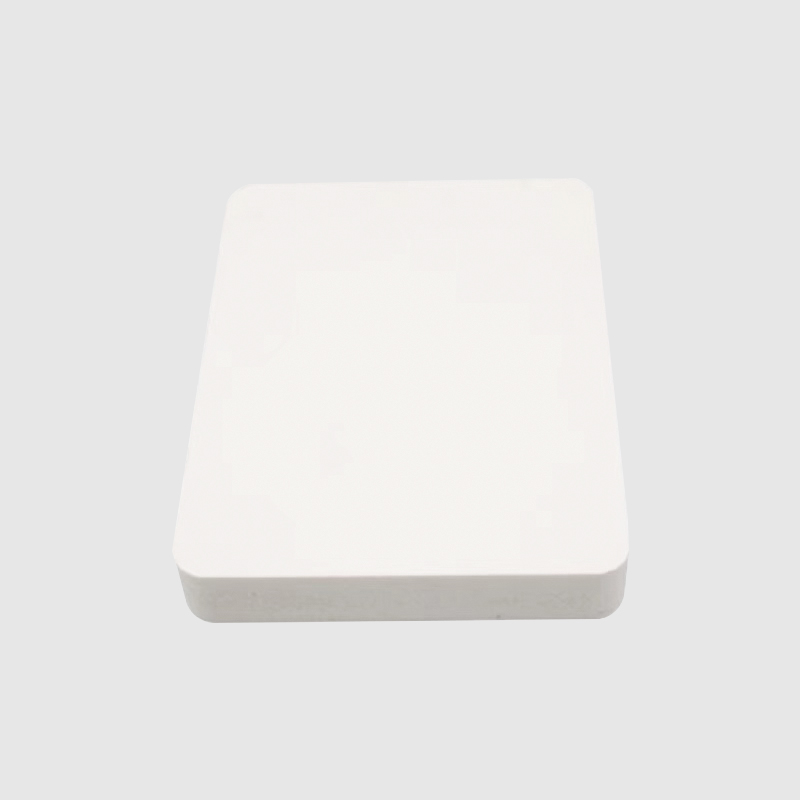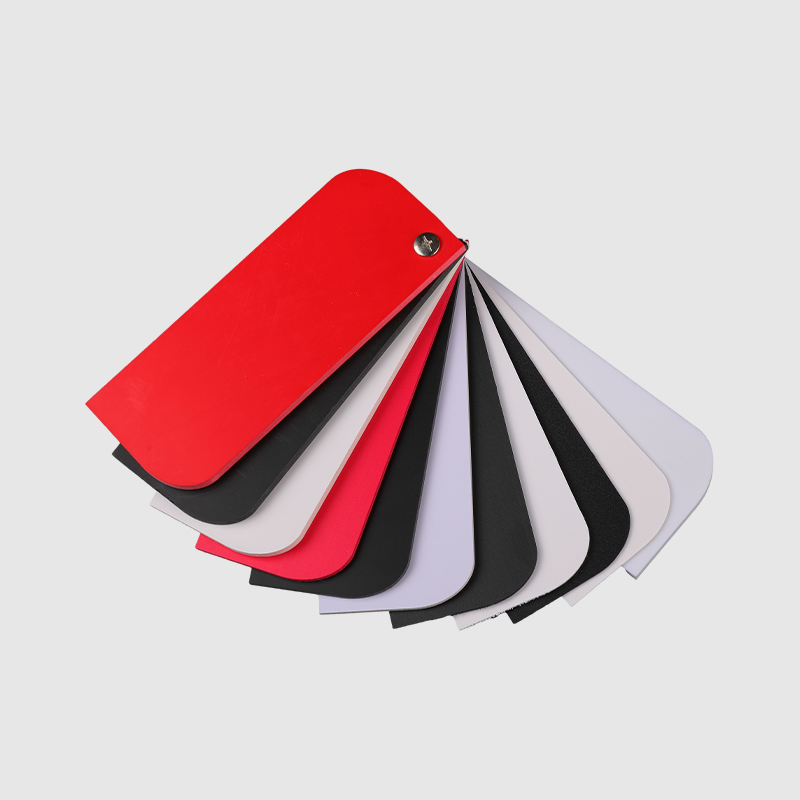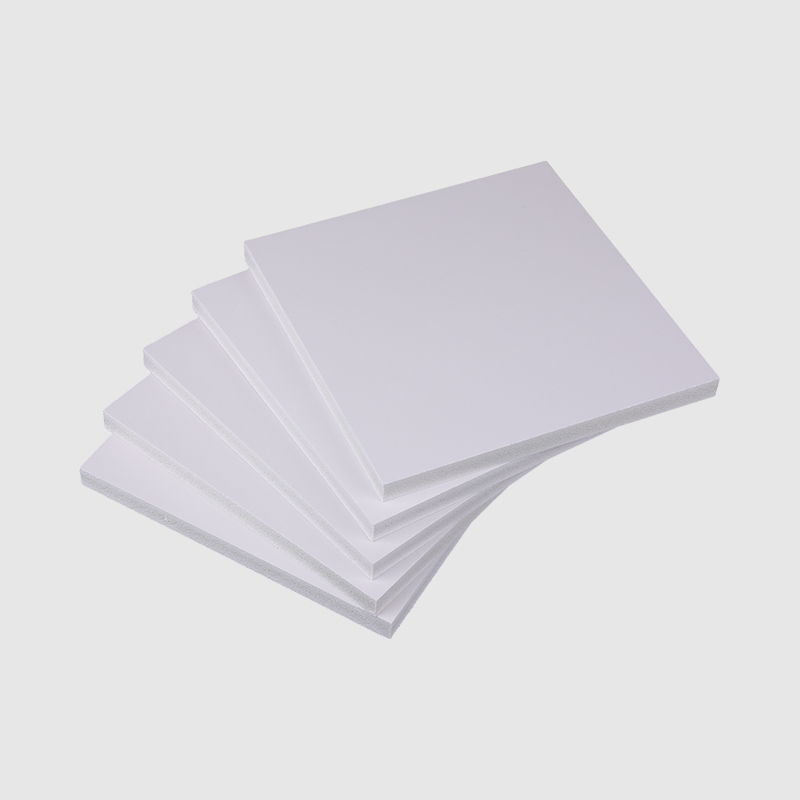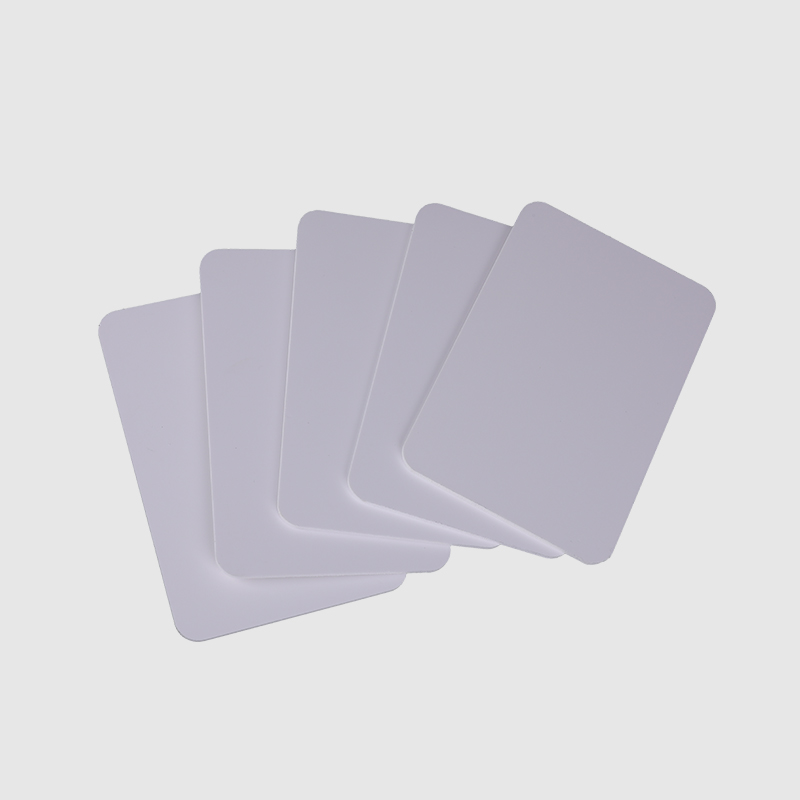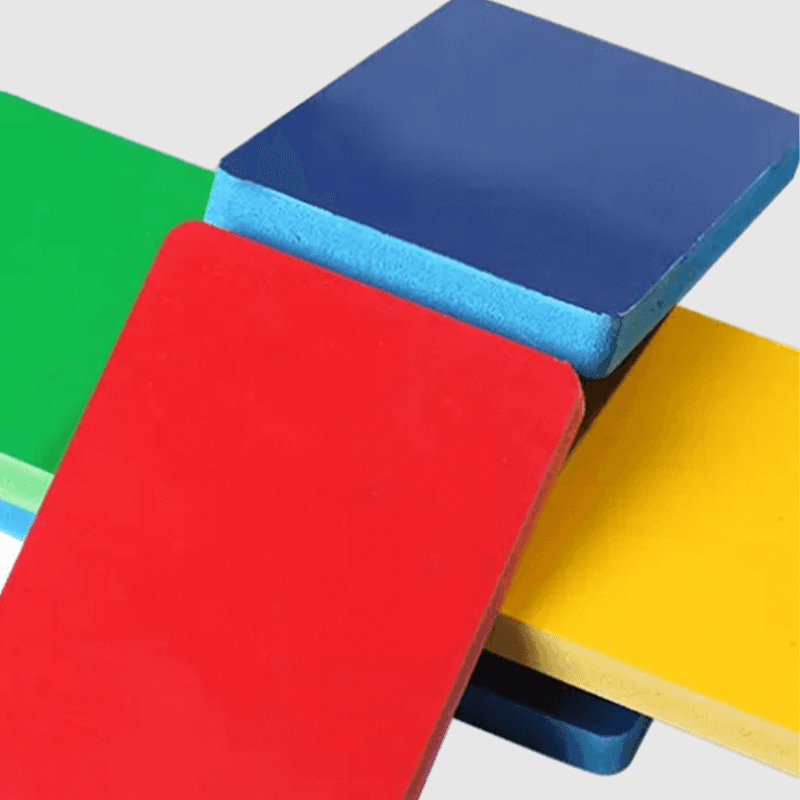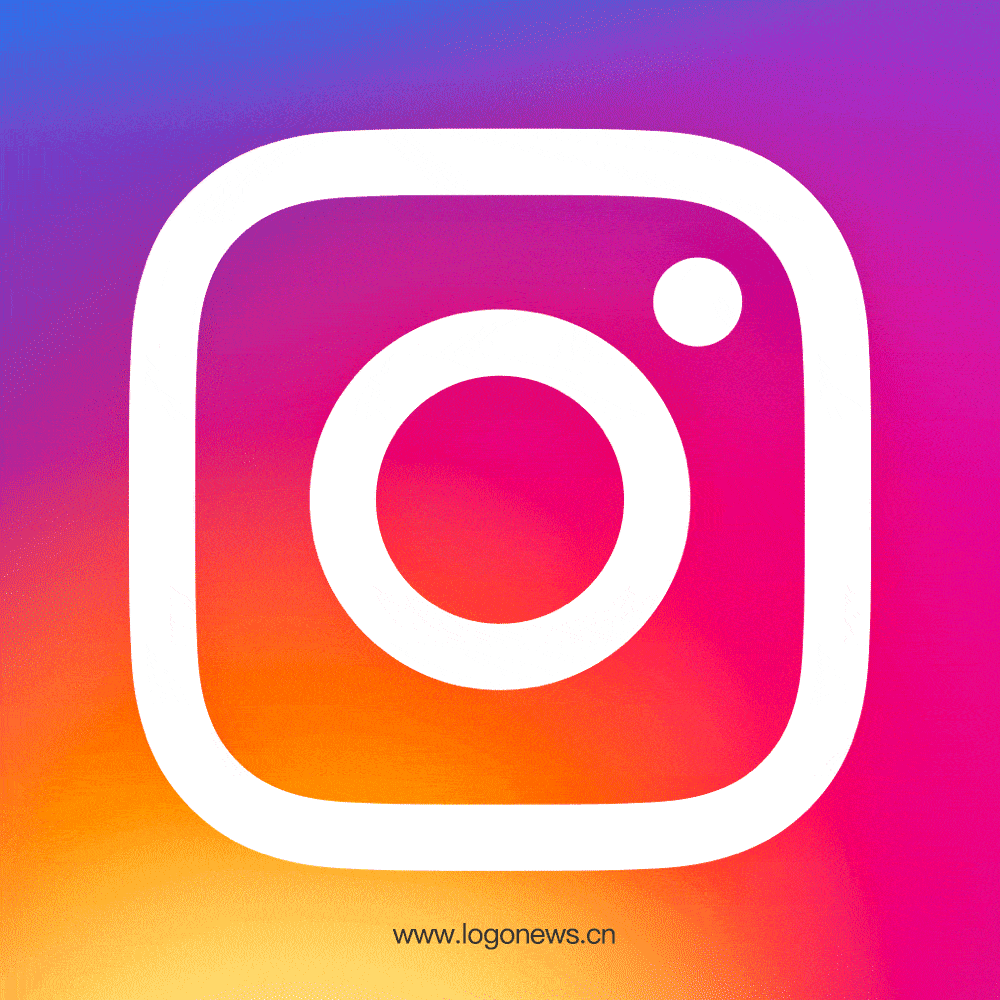PVC Foam Sheets (PVC foam board), also known as Celuka Foam Board, is a lightweight, high-strength new environmentally friendly material made of polyvinyl chloride (PVC) and foaming technology. It has excellent waterproof, moisture-proof, corrosion-resistant, easy to process and other characteristics. It is widely used in advertising, construction, decoration, transportation and other fields.
Main features and advantages
Lightweight and high strength: low density but strong impact resistance, easy to carry and install.
Waterproof and moisture-proof: non-absorbent, suitable for humid environments.
Corrosion-resistant: acid and alkali resistant, mildew-resistant, long service life.
Environmentally friendly and non-toxic: RoHS compliant and recyclable.
Easy to process: can be sawed, drilled, nailed, glued, hot-bent, compatible with a variety of processes.
Technical parameters (example)
Density: 0.45-0.8 g/cm³
Thickness: 1mm-30mm (customizable)
Size: 1220mm×2440mm (standard)
Surface: glossy/matte/wood grain/laminated optional
Fire rating: B1 (flame retardant optional)
Application areas
Advertising industry: display boards, signboards, UV printing substrates
Building decoration: partitions, ceilings, wall panels, bathroom cabinets
Transportation: ship interiors, passenger car/subway car panels
Industrial use: anti-corrosion lining, machine protection cover
FAQ
Q1: What are the advantages of PVC foam board compared with traditional wood board?
A1: PVC foam board is lighter, waterproof and moisture-proof, does not require anti-corrosion treatment, is formaldehyde-free, suitable for humid environments, has a longer service life than wood boards, and has low maintenance costs.
Q2: Can PVC Celuka board be used for outdoor advertising?
A2: Yes! It is weather-resistant and UV-resistant (some models contain UV coating), suitable for outdoor signs and display stands, and will not deform or crack after long-term use.
Q3: How to cut and process PVC foam board?
A3: It can be processed with woodworking tools (such as saws and planers) or CNC engraving machines. Hot bending needs to be heated to about 120°C. It is recommended to use PVC special glue for bonding, and the joints are firm.


 English
English Español
Español عربى
عربى


